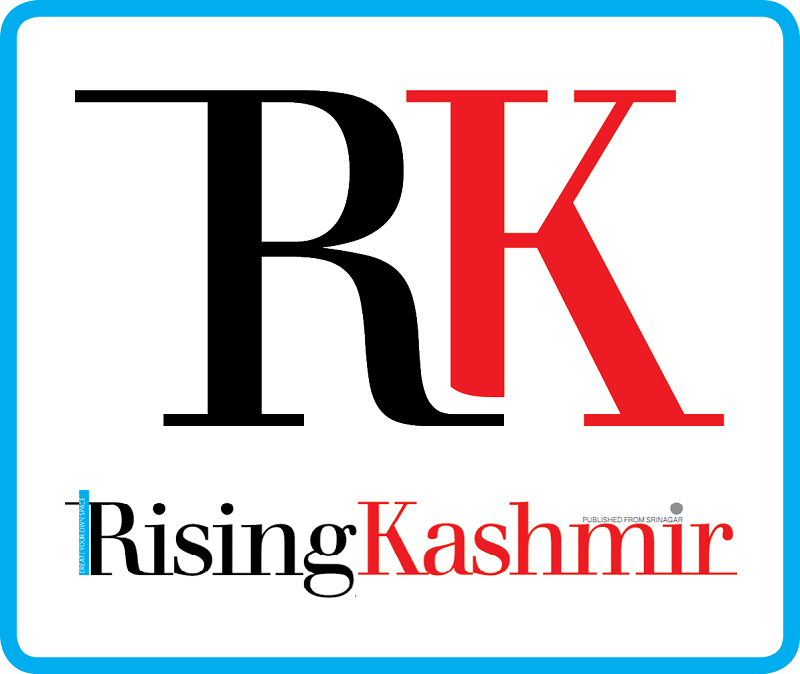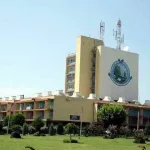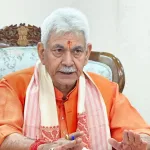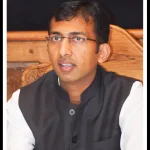Srinagar, Oct 6: The recently held Jammu and Kashmir Assembly elections have revealed a significant shift in voter sentiment, with exit polls indicating that no party is poised to secure a clear majority. Regional parties, long focused on the restoration of Article 370, appear to have misread the public mood, as voters prioritized economic growth and practical governance over the reinstatement of the state’s special status.
Despite heavy campaigning by the National Conference (NC), People’s Democratic Party (PDP), and other regional players on the promise of reversing the 2019 constitutional changes, early trends suggest that voters have moved past this grievance. The Article 370 narrative, while once a cornerstone of regional politics, did not yield the expected electoral dividends, according to exit polls.
The alliance between the Indian National Congress (INC) and NC, which relied heavily on promises to restore Article 370, is projected to fall short of the numbers needed to form a government. This indicates a waning influence of the Article 370 promise. Political analysts believe that this election marks a turning point in voter priorities. “The voters have shown that they want real solutions to real problems,” said one analyst. “While the restoration of Article 370 remains a sensitive issue, it is no longer the top concern.”
In contrast, the BharatiyaJanata Party (BJP) campaigned on a platform centered on development, governance, and peace. While the BJP is not expected to win a majority, the party made significant inroads in constituencies where voters are more concerned with growth and stability than restoring J&K’s autonomy.
Ashwani Kumar, a senior BJP leader and prominent Kashmiri Pandit voice, said that voters are aware of the impracticality of restoring Article 370. “The regional parties are misleading the public by promising something they cannot deliver,” Kumar said. “People know that Article 370 cannot be restored without national-level political support, and neither the BJP nor the Congress will back such a move.”
A local resident from BaramullaArif Ahmed, reflecting on the election trends, added, “We’ve heard the Article 370 promise many times before. But now, it’s clear that it’s not going to happen. What we need is jobs, roads, and healthcare.”
With the highest number of independent candidates contesting since 2008, many voters in rural and semi-urban areas have thrown their support behind those focused on local governance issues rather than larger political promises.
Another voter from AnantnagMohdShamimshared similar sentiments: “We’ve realized that the promises of restoring Article 370 won’t change our daily lives. What we need are solutions to unemployment and infrastructure problems.”
As the exit polls suggest, regional parties will likely need to rely on independents or smaller coalitions to form a government. The election result reflects a broader shift in Jammu and Kashmir, with voters increasingly prioritizing practical governance over political rhetoric.








